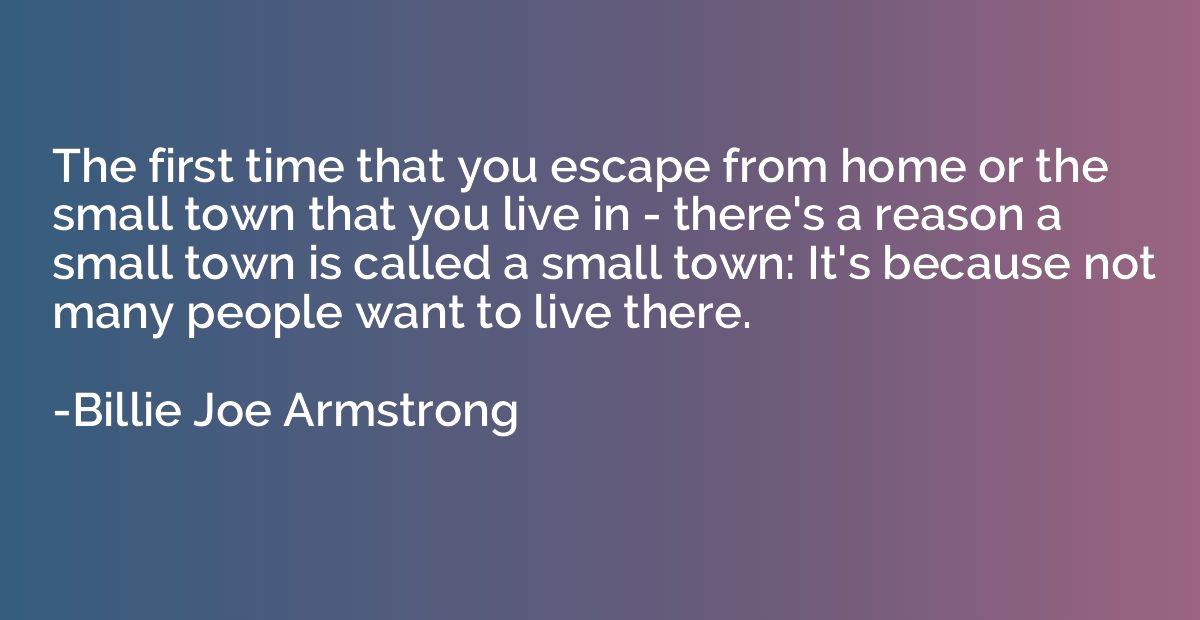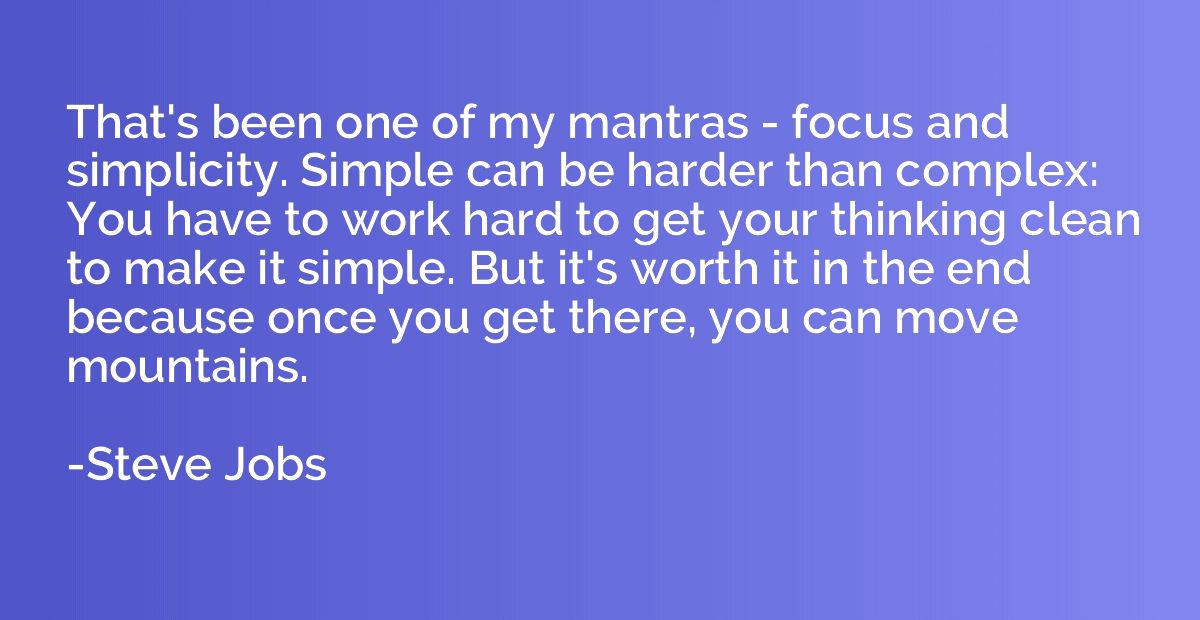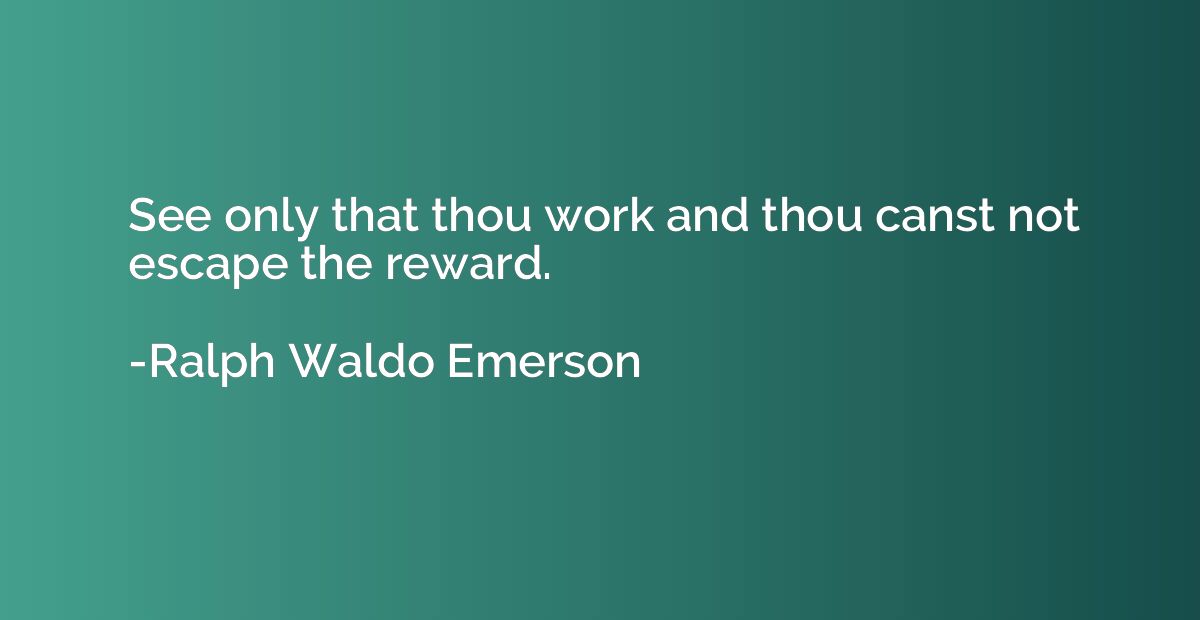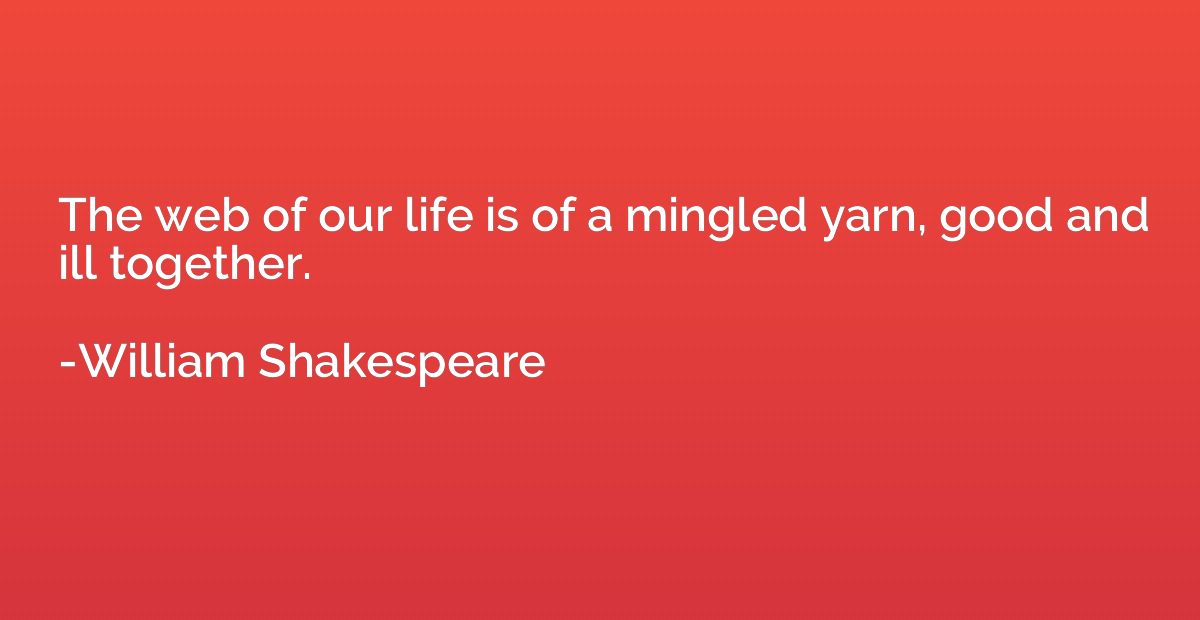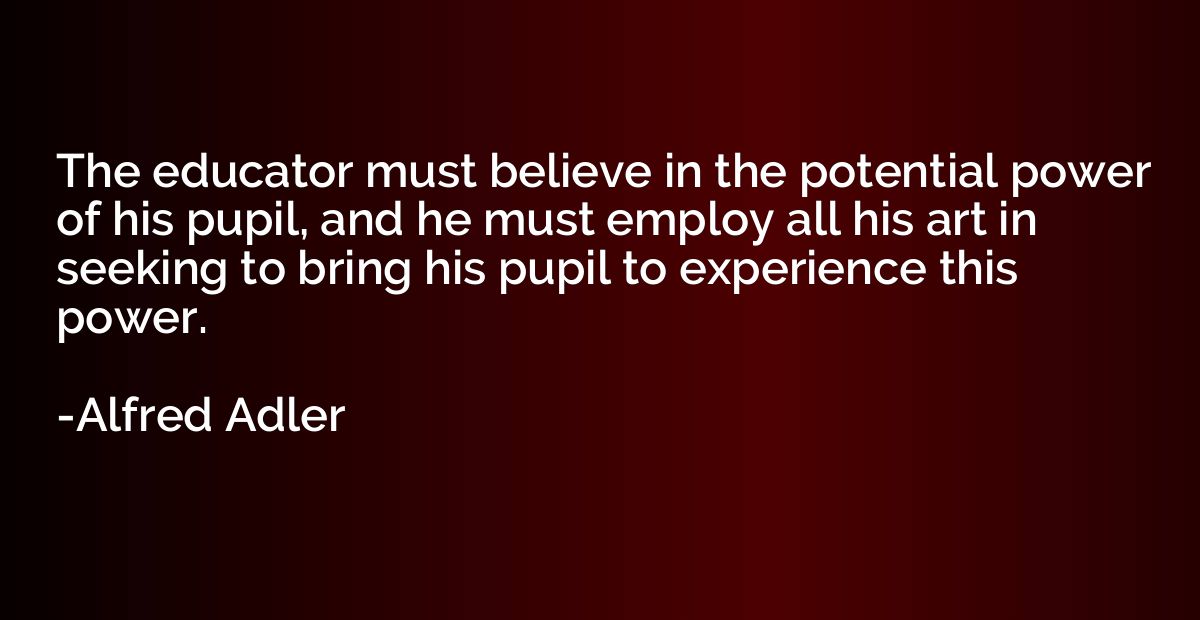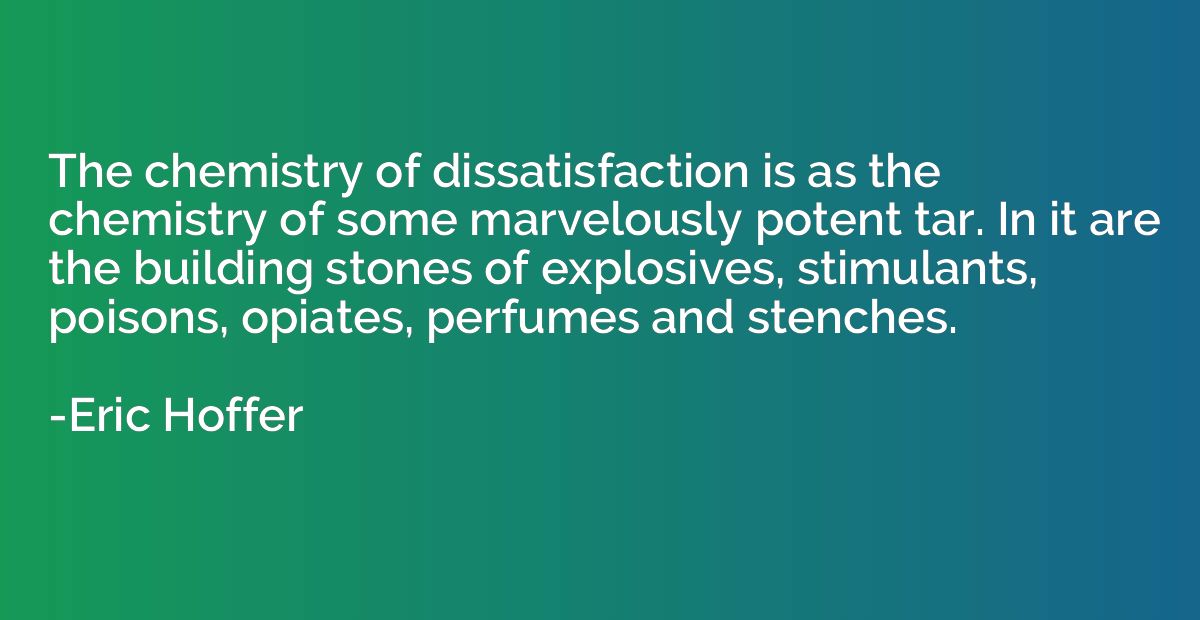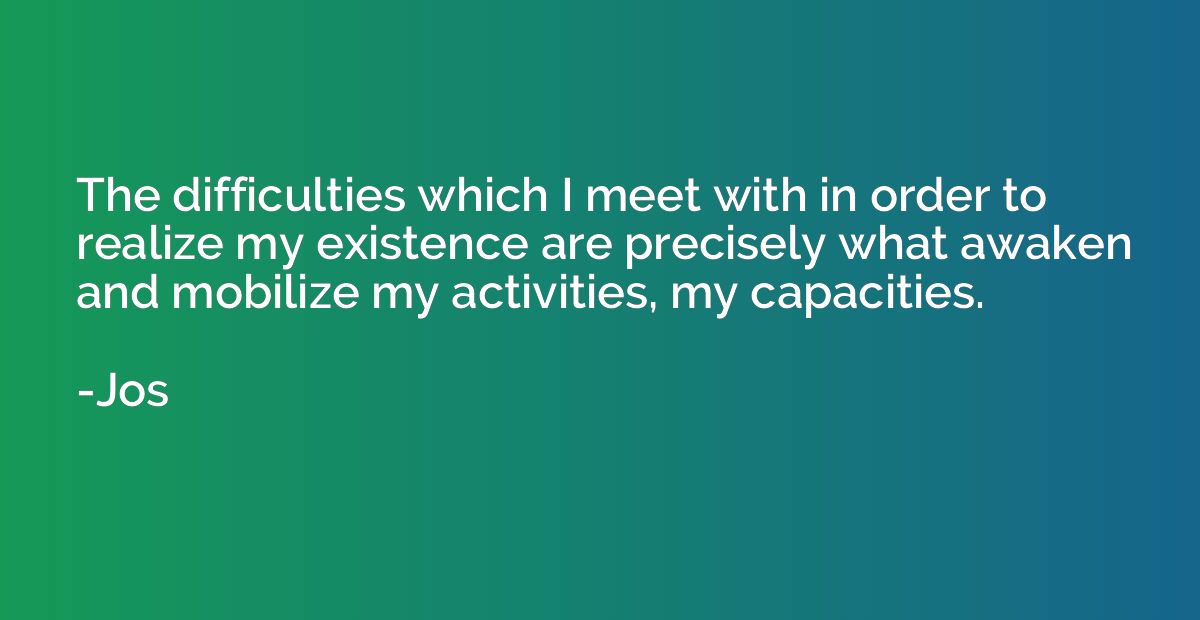Quote by Katherine Paterson
I have been mocked by beauty, too. But it was the beauty which cost me nothing that in the end turned upon me.
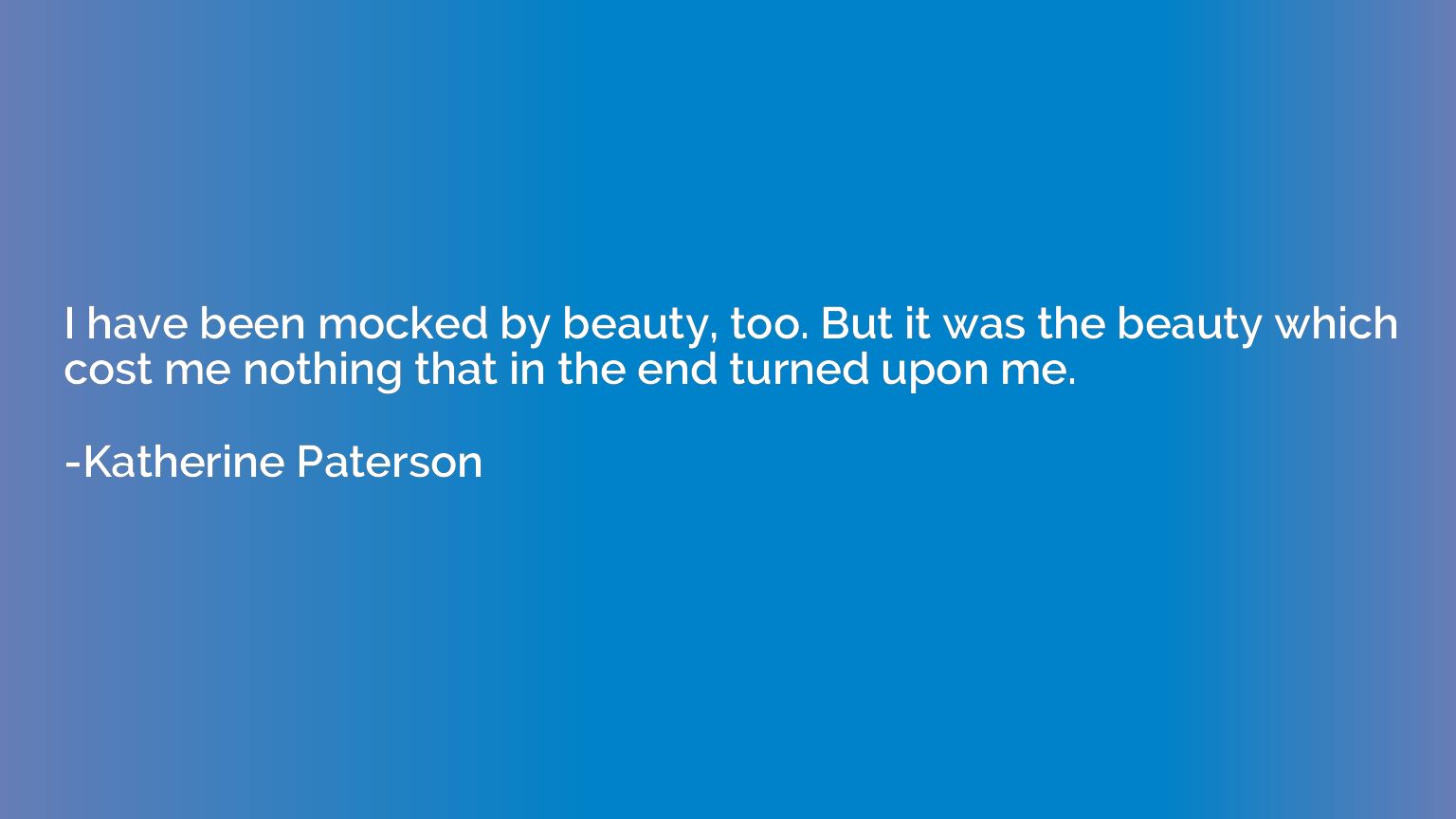
Summary
This quote suggests that the speaker has faced ridicule or mockery due to their own beauty. However, the sentence also implies that it was not their own natural beauty that caused the negative experiences, but rather the beautiful things they obtained easily and without effort. These acquired beauty or possessions eventually brought negative consequences and turned against the speaker. It serves as a reminder that superficial beauty or easily attained luxury may not always lead to happiness or fulfillment.



